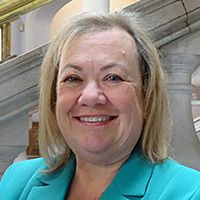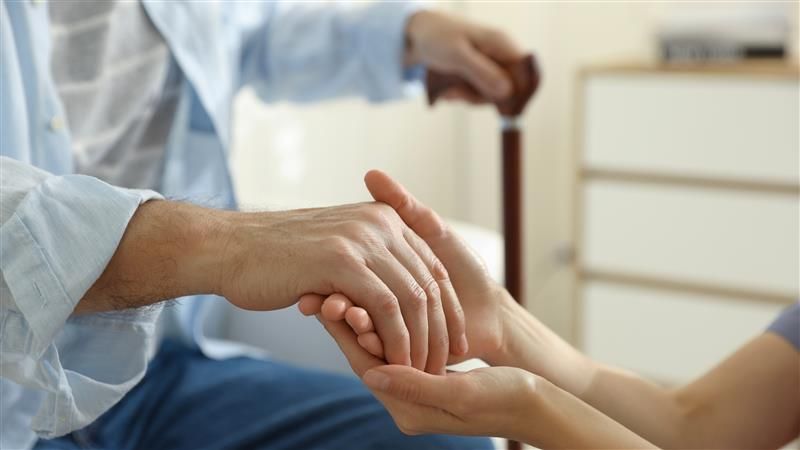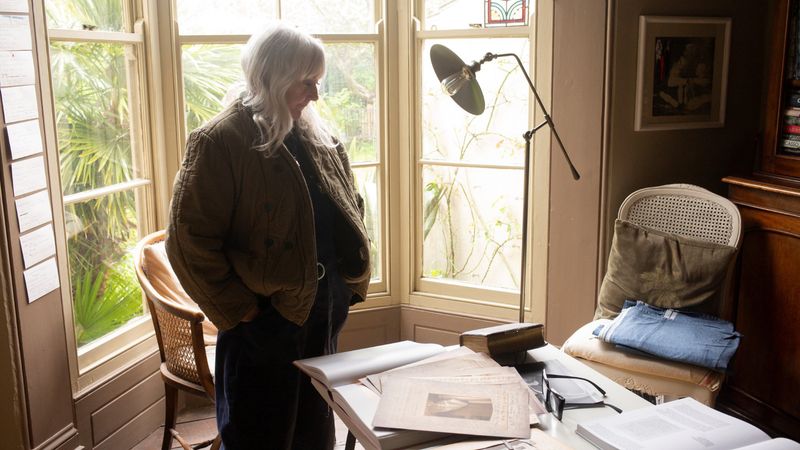Kent County Council’s (KCC) Director of Public Health, Dr Anjan Ghosh, said: “No one wants to have their holiday ruined by illness. Being prepared can help everyone stay healthy while away and have a trip to remember for all the right reasons.”

“Make sure to speak to your GP practice well in advance of your break if you're worried you'll run out of medicines you regularly have to take during your trip”
Diane Morton, KCC Cabinet Member for Adult Social Care and Public Health, said: "Every holiday takes a bit of planning but getting ready to spend time away from home when you live with a health condition can take a bit longer to prepare.
"Make sure to speak to your GP practice well in advance of your break if you're worried you'll run out of medicines you regularly have to take during your trip – and visit gov.uk to check common medications in the UK aren't illegal where you are going."
Before setting off
To help ensure the only thing you come home with are great memories:
- check the latest advice for the country you are travelling to on the Travel Health Pro website, including any required vaccines.
- make sure you and your family are up to date with routine and travel vaccinations ahead of your holiday. The measles, mumps and rubella (MMR) vaccine is especially important as measles continues to circulate in the UK and abroad. If you haven't had both MMR doses you can catch up any time – just contact your GP practice.
- speak to your local travel health clinic or GP surgery for advice on vaccinations and preventative medicines, like anti-malaria tablets.
- carry a small first aid kit to see you through any minor emergencies.

Vaccines up to date. Regular medication and first aid kit packed. You're good to go!
While away
Throughout your break, take commonsense steps to keep yourself well, including using alcohol gel when hand washing facilities are not available.
In hot weather, carry bottled water to help you stay hydrated and use SPF30 or above sunscreen to protect from harmful UV rays in strong sun.
Reduce your risk of insect bites and diseases like malaria, zika and Oropouche (OROV) by wearing long-sleeved clothing, using insect repellent (at least 50% DEET), and sleeping under insecticide-treated bed nets when there's no air conditioning. If you develop a fever while visiting a country with malaria, don't wait until returning to the UK – seek medical help immediately.
If rabies is a risk where you're heading, get vaccinated before travelling and seek urgent medical assistance if bitten by an animal, usually dogs.
Safer sex
Practicing safer sex while abroad will reduce the likelihood you pick up sexually transmitted infections, or STIs, HIV and other infections spread through close personal contact.
Be aware that antibiotic-resistant gonorrhoea is increasing in popular Asian-Pacific tourist destinations and avoid sharing items like towels or bedding with anyone who has mpox or mpox symptoms.
If you do have condomless sex, get yourself tested for STIs when you get home and before having sex with anyone else. Visit our website to receive a free home STI testing kit and find your local sexual health clinic.
Back home
Should you feel unwell on your return to the UK, get medical attention. Make sure to tell the doctor, nurse or pharmacist you speak to you have been travelling.
Staycations
Holidaying at home this summer?
- check before you travel - plan your route, keep up to date with the travel news and carry food and water and any medicines you have to regularly take, in case of delays. Should you need medical help, call 111 for advice or 999 for emergencies.
- be tick aware - enjoying time off in the garden or visiting a park or woodland? Follow these handy tips from the UK Health Security Agency (UKHSA) to reduce your chance of being bitten by a tick as some can carry Lyme Disease. Have you or a member of your family been bitten by a tick, or removed a tick from an animal (pet or wildlife)? Help scientists understand how ticks are spreading by reporting the tick to UKHSA. See: www.gov.uk/guidance/tick-surveillance-scheme. Follow #TickAware for more information and updates on socials.




